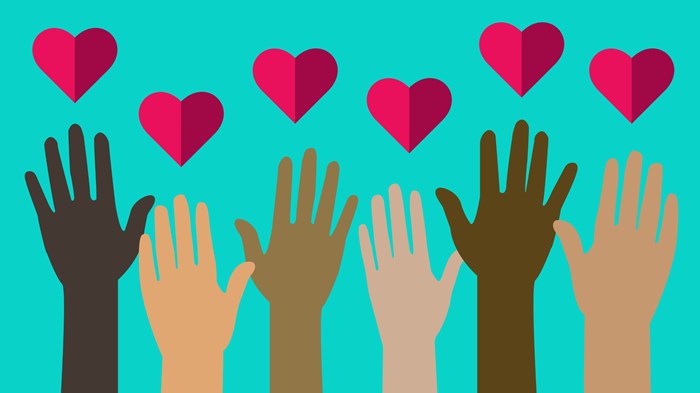Agents of Change or Compromise? A Call to Make Peace, and Not Just Keep It.

Any call for peace and unity that disregards injustice is not only empty, it is working against the cause of Christ. Christians are called to peacemaking. Not peacekeeping. Peacemaking. There is a radical difference between the two.
Peacekeepers maintain the status quo, but peacemakers are change agents in pursuit of fixing the brokenness in our world.
Peacekeepers strive to make everyone happy, but peacemakers strive to make everyone equal.
Peacekeepers call for compromise in the face of injustice, but peacemakers are willing to call out racism, sexism, classism and every other oppressive “ism” even when it makes people uncomfortable.
Peacekeeping is standing in the uncontroversial middle trying to placate “both sides.” Peacekeeping is seeking “unity” while refusing to deal with marginalization in our communities, but peacemaking means standing for truth, justice, and equity for all, no matter the cost.
The prophet Jeremiah speaks of peacekeepers in Scripture:
“They offer superficial treatments for my people’s mortal wound. ‘Peace, peace,’ they say, when there is no peace.” Jeremiah 6:14
As my mentor used to say, “This ain’t it, y’all.”
There are famous examples of the difference between peacekeeping and peacemaking throughout history.
Proponents of Jim Crow were “peacekeepers.” They felt that separate water fountains, schools, and restaurants for people of color was a good way to compromise between former slave owners and newly freed black people. But Martin Luther King Jr. and others like him were peacemakers. Dr. King fought for equity so hard that he was frequently investigated by the FBI.
Those who opposed women’s suffrage were “peacekeepers.” No reason to rock the boat. Women were doing better than they ever had, why push it and let them vote.Susan B. Anthony didn’t agree. She was a peacemaker. She protested, voted illegally, and even went to jail in her effort to bring peace and equality to women.
Many religious leaders in the first century were “peacekeepers.” They kept people in constant fear of God by saying He only loved them if they kept all the rules. They believed this would keep everyone in line. But God didn’t like being misrepresented by the very ones who claimed to be his followers. So he left heaven and came to earth in the person of Jesus Christ to let everyone know, once and for all, that God's love was freely available to anyone and everyone who wanted it.
Jesus was a peacemaker. He confronted the religious leaders, even flipping over their tables in the temple courts when they were using the name of God to extort the poor. And then, in the most incredible peacemaking action in history, he died for the sins of the world. But three days later, he rose from the grave conquering sin and death, and exposing the broken peacekeeping ways of our world.
For Christians, the choice between peacekeeping and peacemaking is clear:
“Blessed are the peacemakers, for they will be called children of God.” Jesus (Matthew 5:9)
Did you know this is the only beatitude that comes with an identity statement? Of all the characteristics Jesus describes in Matthew 5, "peacemaker" is the only one listed with an identity instead of a reward.
Instead of being "blessed," "comforted," or "shown mercy," it says that "peacemakers... will be called children of God.”
This means we are never more like God than when we are peacemaking. We are never more like God than when we are fighting for justice. We are never more like God than when we are bringing shalom, abundant goodness, into every broken relationship and system in our world.
There is a temptation to be peacekeepers right now; to not rock the boat or challenge the status quo, but that is not the way of Jesus. It is time for Christians to take a stand on the side of justice for all people and be the peacemakers Jesus calls us to be.
Zach W. Lambert is the Lead Pastor and founder of Restore Austin, a church in urban Austin, Texas. He holds a Masters of Theology and serves on the boards of Restore Houston, Louder than Silence (a non-profit for survivors of sexual violence), and the Austin Church Planting Network.
The Better Samaritan is a part of CT's
Blog Forum. Support the work of CT.
Subscribe and get one year free.
The views of the blogger do not necessarily reflect those of Christianity Today.





















